Bulancak: Where the Black Sea Breathes Life Into Stone and Soul
A peck to a place where mountains kiss and where tea leaves glisten like dragon scales under the sun, where the laughter of fishermen merges with the whispers of Byzantine ghosts. Bulancak is a place so rich with stories that even the cobblestones seem to hum with secrets.
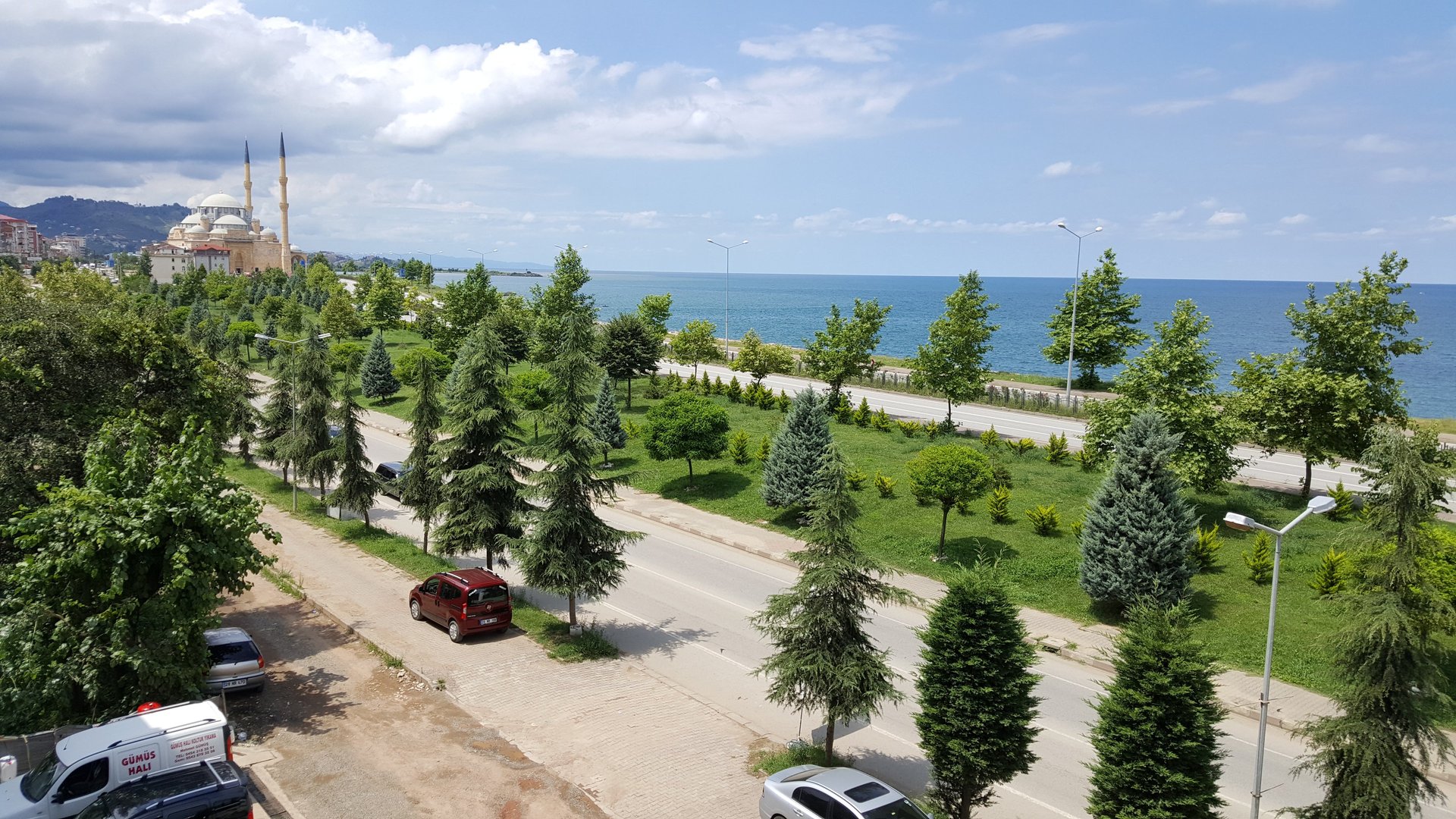
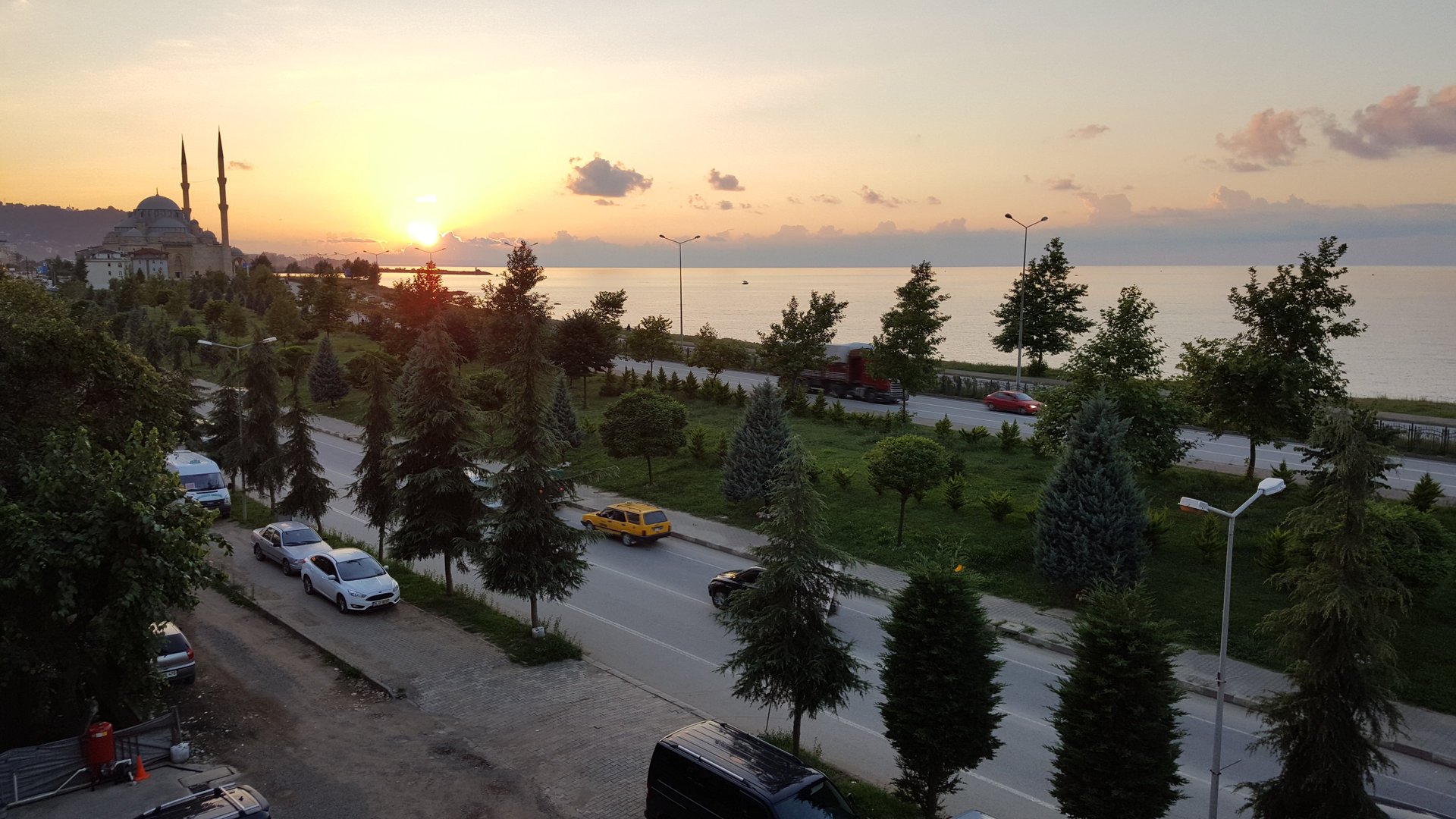
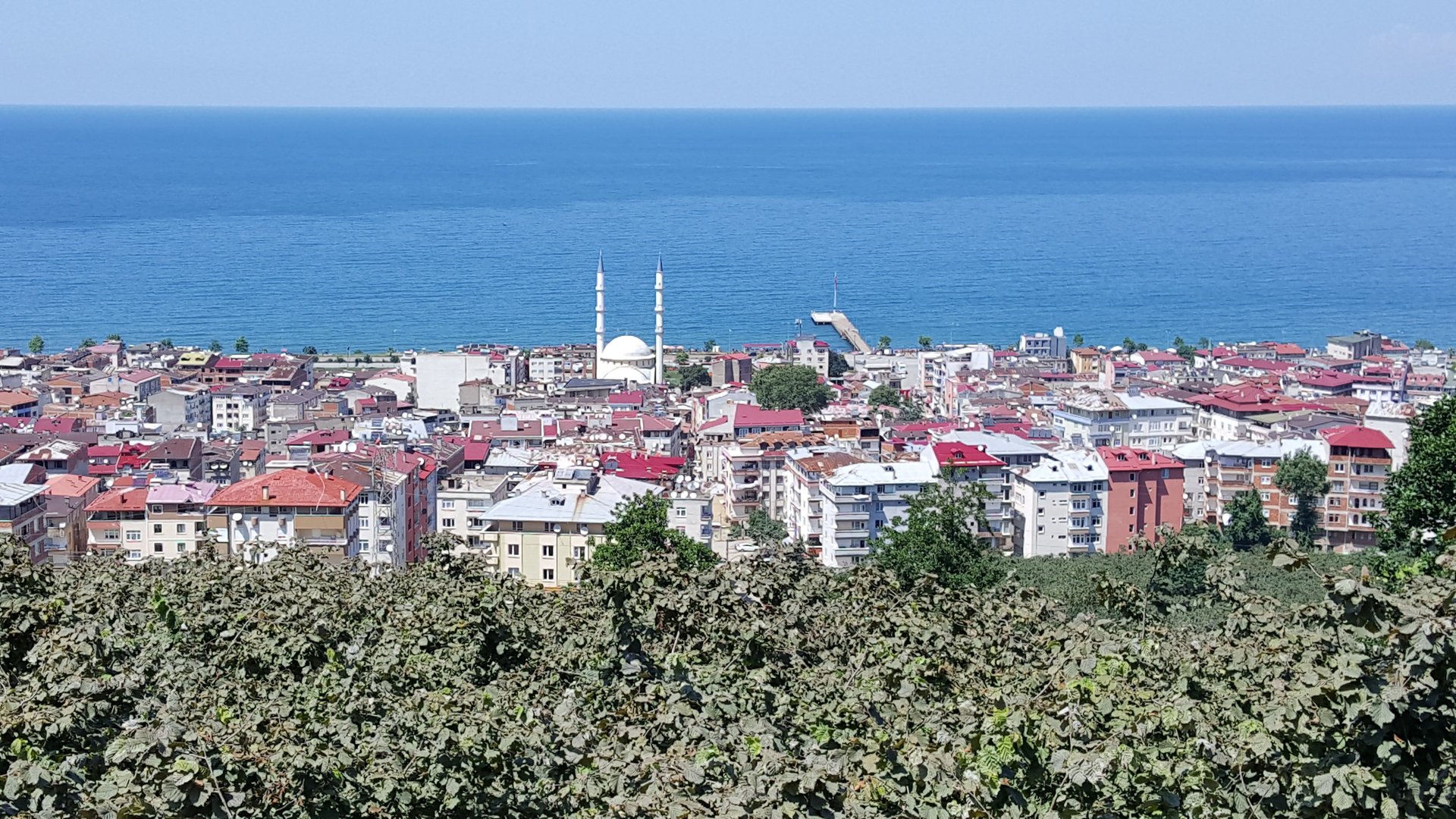
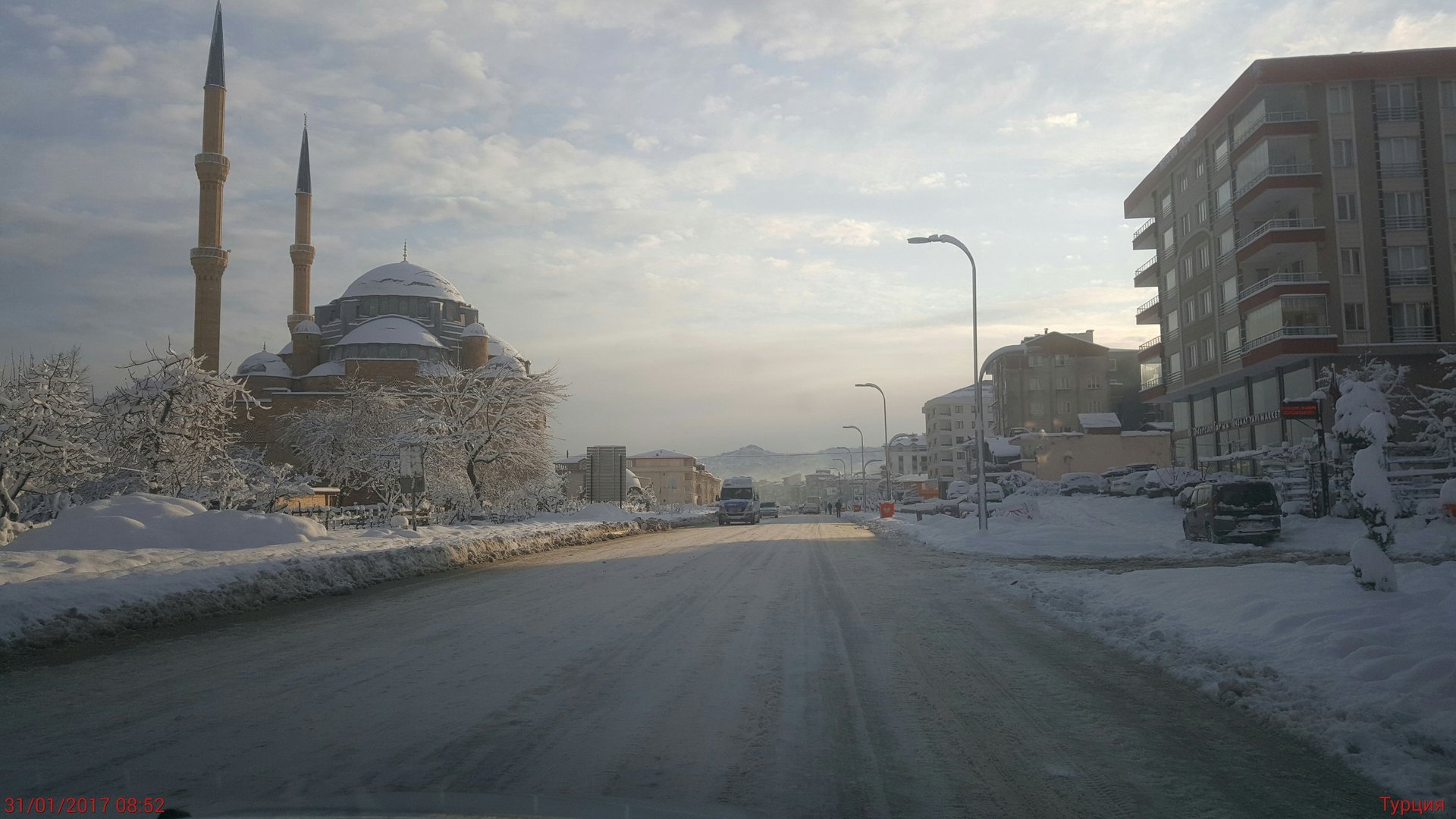
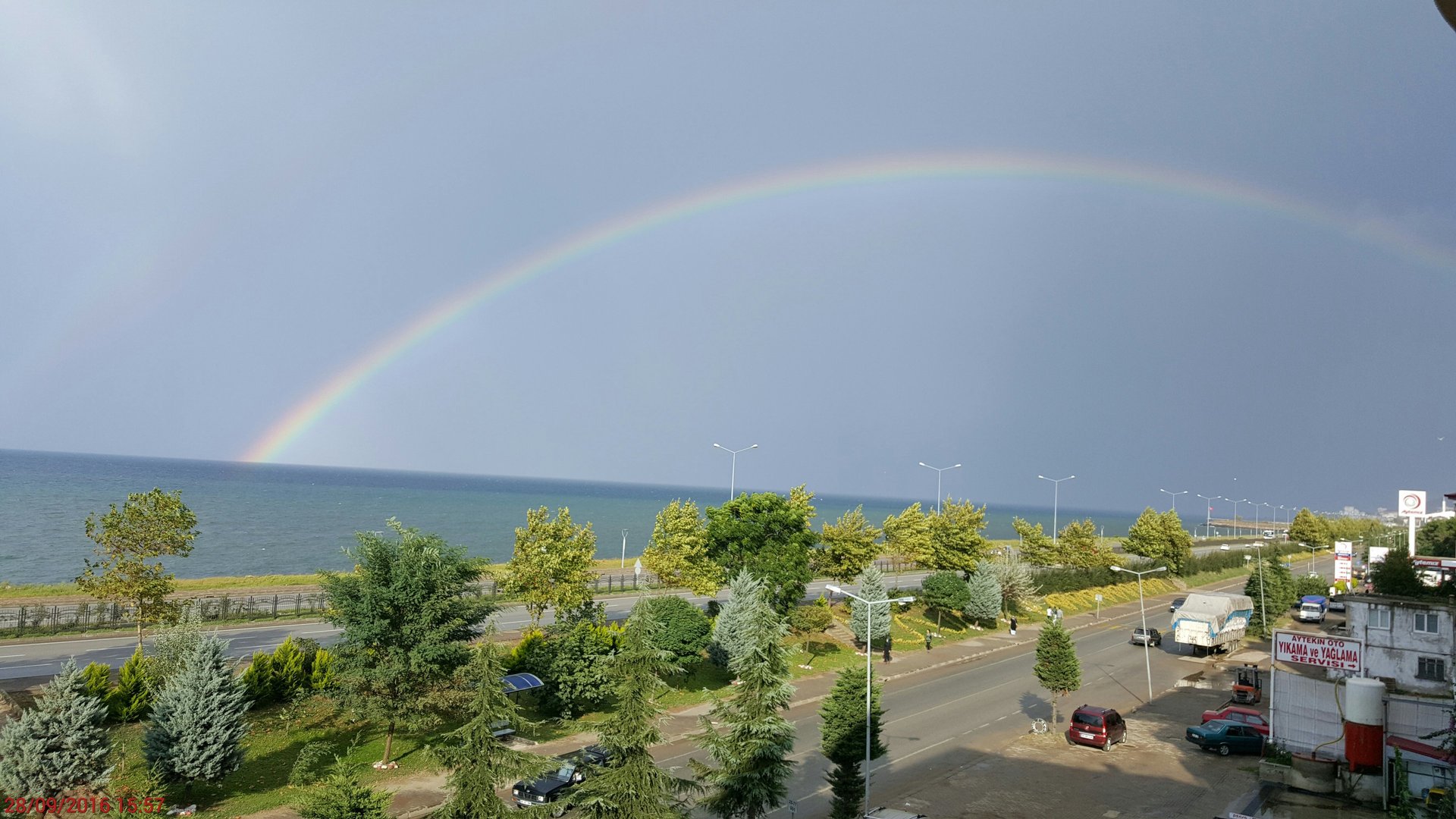
Title: "Bulancak: Where the Black Sea Breathes Life Into Stone and Soul"
Imagine a place where the mountains kiss the sea, where tea leaves glisten like dragon scales under the sun, and where the laughter of fishermen mingles with the whispers of Byzantine ghosts. Welcome to Bulancak, a town so alive with stories, even the cobblestones seem to hum with secrets.
A Sanctuary in Piraziz: Where Time Spools Slowly
Our journey began not in Bulancak itself, but in Piraziz, the sleepy village clinging to its outskirts like a shy sibling. We settled into a sleek, five-room apartment in one of the town’s newer buildings, a modern contrast to the weathered cottages below. Floor-to-ceiling windows framed a view that stole our breath daily: the Black Sea, or Karadeniz as locals murmur with reverence, stretching endlessly like liquid obsidian. Each morning, we woke to the scent of freshly baked mısır ekmeği (cornbread) drifting up from the bakery downstairs, while the distant clang of cowbells floated through the valley, a symphony of rural simplicity.
The Airport That Flirts With the Sea
Reaching this hidden corner of Turkey is an adventure in itself. Ordu-Giresun Airport, one of the world’s most dramatic runways, juts into the Black Sea like a concrete pier. Landing here feels less like touching down and more like skimming the waves, as if the plane might morph into a boat mid-taxi. On our first arrival, a boy in the row behind us gasped as the wing tip nearly grazed the water. His grandmother chuckled, patting his knee: “Relax, yavrum. My wedding day was stormier than this!” Locals laugh at wide-eyed travelers gripping their armrests, “Don’t worry,” they say, “the sea’s just saying hello!”
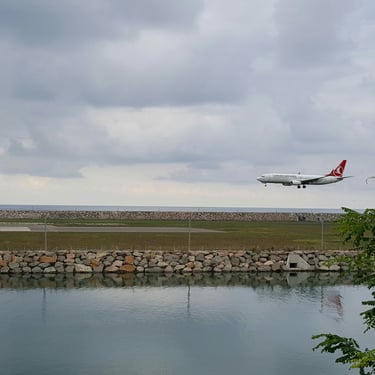
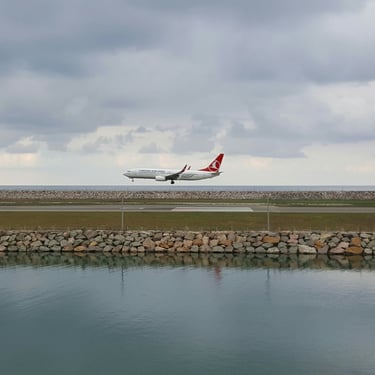
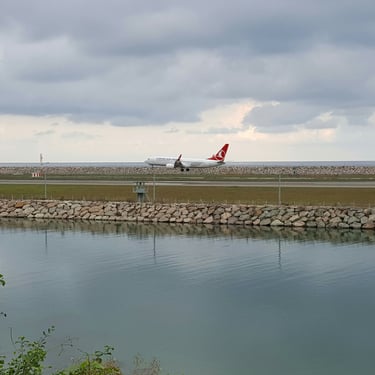
Bulancak’s Lifeline: Water as Pure as Mountain Tears
But Bulancak’s true magic flows beneath its surface. While working on a water supply project for the town, I met engineers and villagers who spoke of rivers as reverently as others speak of saints. One afternoon, an elderly farmer named Cemal brought us a jar of honey to the construction site. “My bees only drink from the İncüvez Spring,” he said, tapping the glass. “When your pipes are done, promise me they’ll still taste the same.”
But not all moments were serene. One night, at 3 a.m., the shrill ring of a phone shattered the silence. A reservoir supplying the city had failed. We raced through ink-black roads, guided only by the moon’s sliver, and arrived to find water gushing like a wounded artery. As we waited for the team, my colleague RJ lit just looked at his feet, his face etched with exhaustion. “Jebo nam pas mater, nama odgovornima” he muttered, “This is how the responsible ones end up.” We laughed, the absurdity cutting through the stress. Dawn found us soaked and triumphant, the valves finally tamed. That night, I understood: In Bulancak, even chaos wears the hint of a smile.
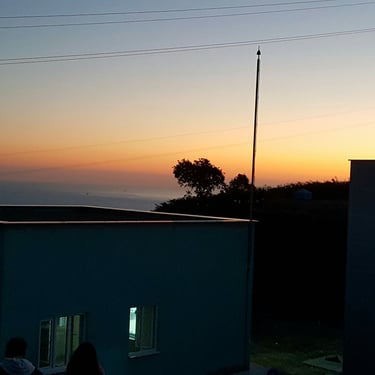
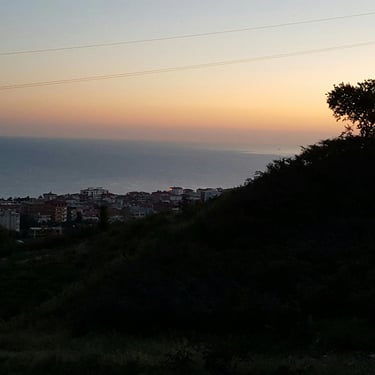
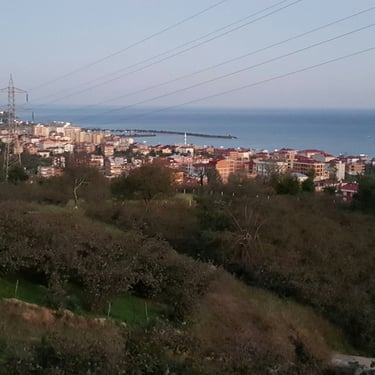
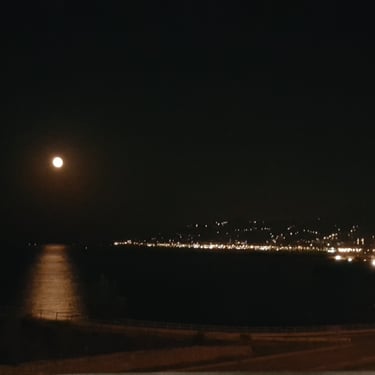
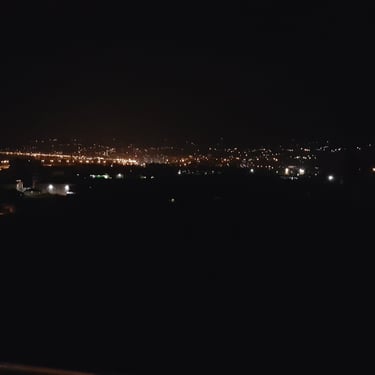
The Anchovy’s Kingdom and the Tea’s Embrace
In Bulancak, life revolves around two treasures: tea and hamsi. Spend an afternoon in Ayşe’s tea house, where steam curls from tulip-shaped glasses and old men argue over backgammon moves, and you’ll understand why this “green gold” fuels both body and camaraderie. Once, after I mispronounced çay (tea) as köy (village), Ayşe laughed until tears streamed down her face. “Close enough!” she wheezed. “Tea is our village!”
But it’s the hamsi that stars in Bulancak’s most unforgettable rituals. At the annual Hamsi Festival, the town transforms into a carnival of scales and salt, chefs grill anchovies on open fires, children wear fish-shaped hats, and grandmothers recite recipes passed down since the days of Pontic kings. Last year, a visiting chef from Istanbul tried to “elevate” hamsi with truffle oil. The crowd politely nibbled, then voted unanimously: “Let the sea speak for itself.”
Twilight on the Coast: When the Sea Sings in Cobalt
As daylight fades, follow the scent of pine resin to Bulancak’s hidden coves. Near Piraziz, the ruins of a Genoese watchtower stand sentinel over a pebble beach where waves polish stones to obsidian. Here, we met Ahmet, a retired teacher who comes daily to “listen to the sea’s stories.” One twilight, he pulled a worn notebook from his coat, filled with poems he’d scribbled over decades. “The Black Sea is a restless muse,” he said, pointing to a verse about a storm that “carved valleys with its fury.” Then he grinned: “But she’s softer these days. Maybe she’s growing old with me.”
Why Bulancak Stays With You
To visit Bulancak is to step into a living tapestry, one woven with threads of history, ecology, and humanity’s quiet resilience. It’s a place where engineers and fishermen share the same reverence for water, where airports defy the sea, and where neighboring cities buzz with energy while Bulancak itself remains a sanctuary of slowness.
Come for the anchovies. Stay for the soul. Leave with the certainty that some places don’t just live in the world, they haunt it.
Bulancak awaits. Let it rewrite you.



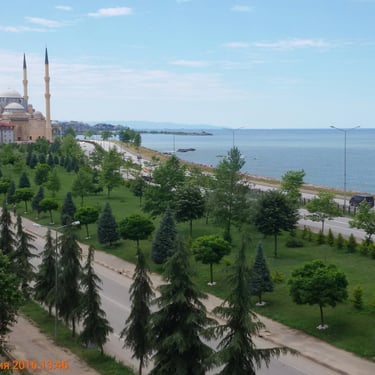
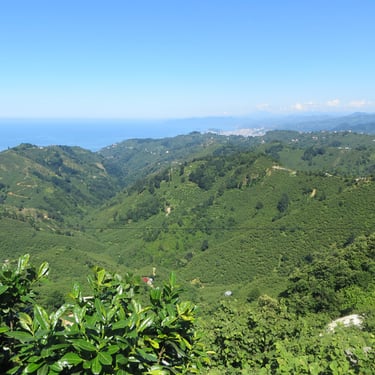

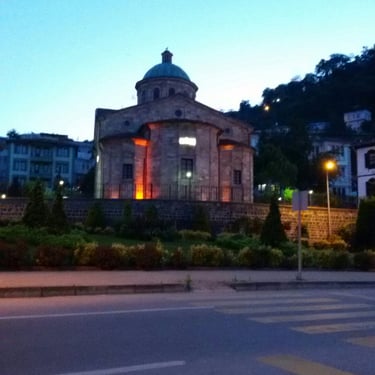
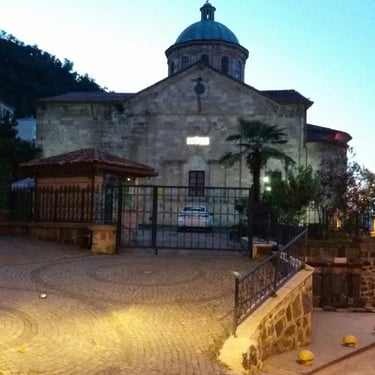
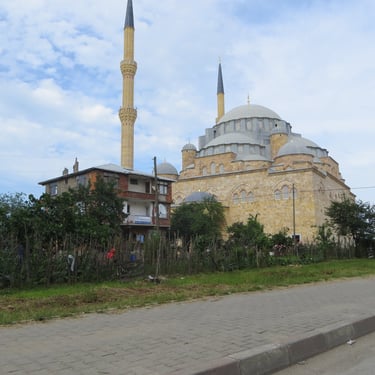
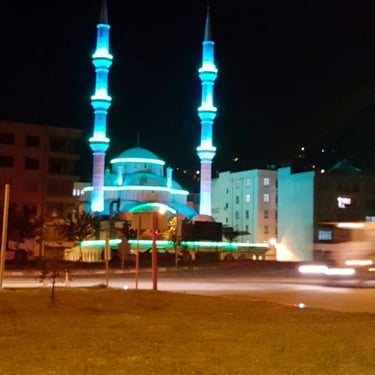
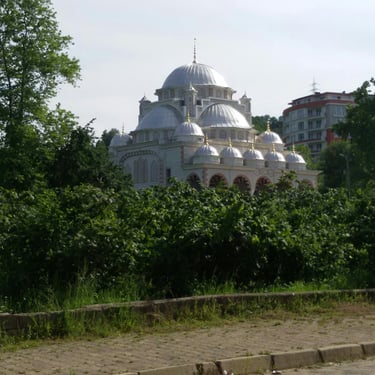
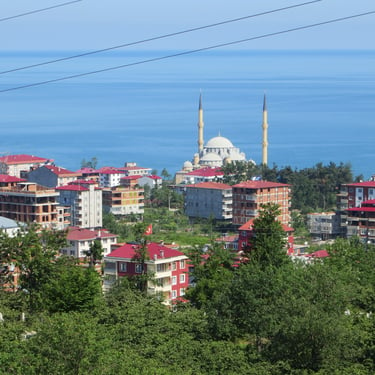
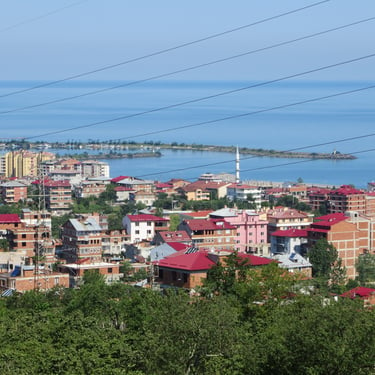
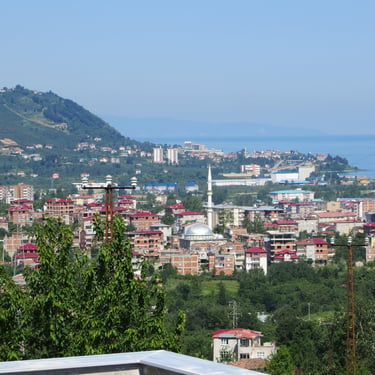
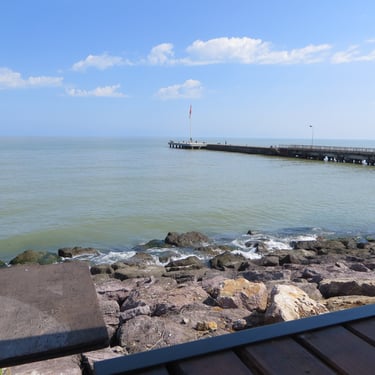
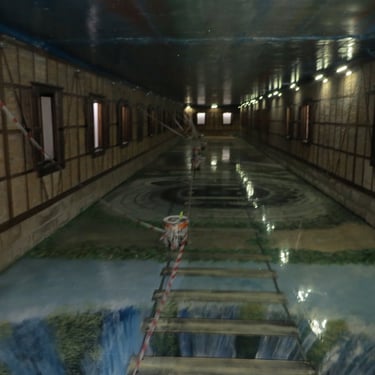
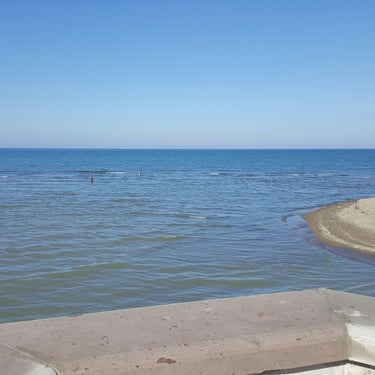
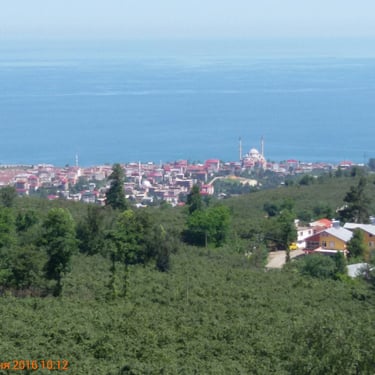

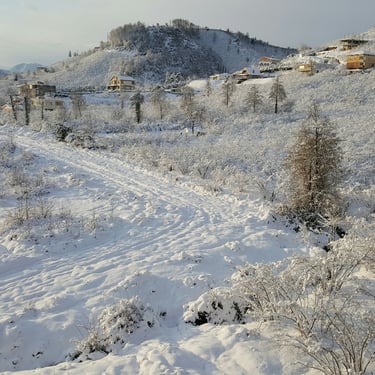
Between Giants: Giresun’s Myths and Ordu’s Pulse
Flanked by the vibrant cities of Giresun and Ordu, Bulancak holds its own as the quieter, wilder heart of the coast. To the west lies Giresun, home of the legendary Amazons, its skyline dominated by a 14th-century castle where warriors once plotted battles. It was here, after weeks of dusty work, that Jakub—the warm-hearted manager of Giresun’s Mado restaurant, rewrote the meaning of hospitality. Learning we’d eaten at his café nightly, he insisted we join his family for a home-cooked feast. His wife prepared dishes so rich with flavor, they tasted like heirlooms. Over raki and laughter, Jakub’s children taught us folk songs, their giggles echoing past midnight. “Burası sizin de eviniz,” he said, “This is your home too.”
To the east, Ordu dazzles with its beaches and neon-lit promenades, a place where baklava shops stay open past midnight and summer festivals shake the hills. But there was one thing Ordu offered that Bulancak did not: a single drop of alcohol. We quickly learned that Bulancak, steeped in tradition, keeps its streets free of liquor shops and its restaurants dry. When a teammate joked, “Even the anchovies here are sober!” we knew our quest for a beer would require a pilgrimage. So, on Fridays, we’d pile into a car and wind along the coastal road to Ordu, where cafes clinked with Efes pints and meze platters. Those 50-kilometer drives became rituals, windows down, Black Sea breeze mixing with our anticipation. One night, as we toasted under Ordu’s twinkling lights, RJ grinned: “Responsible ones work hard… but drink harder.”
Bulancak, though? It’s the whispered counterpoint: a land of misty valleys and fishermen’s prayers, where you’re more likely to hear a folktale than a car horn.
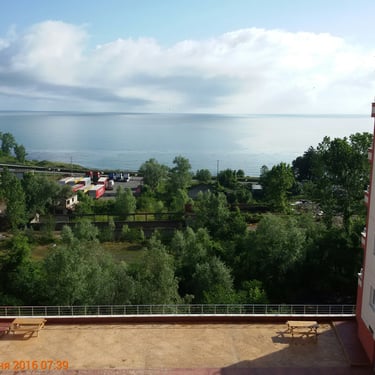
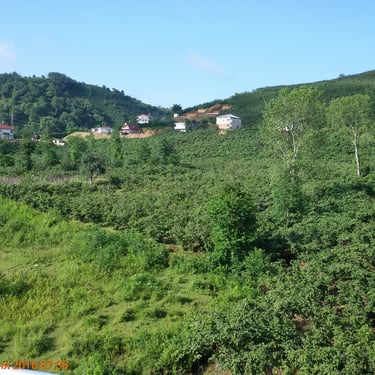
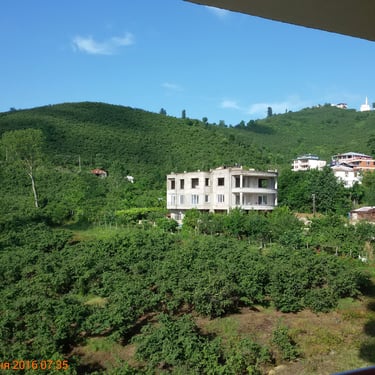
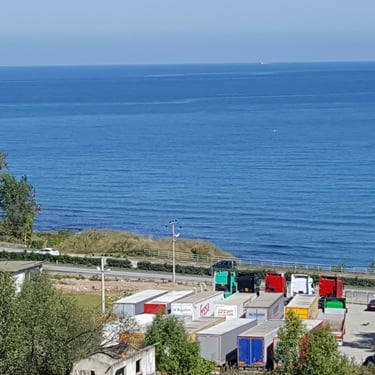
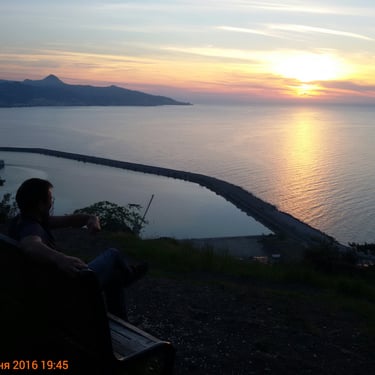
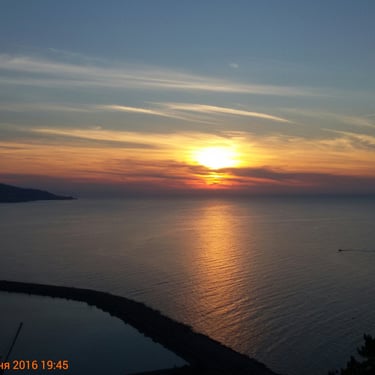
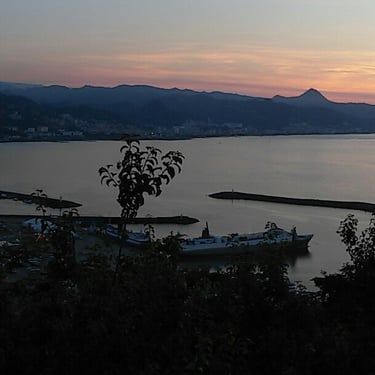
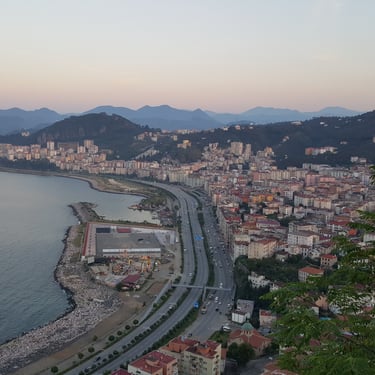
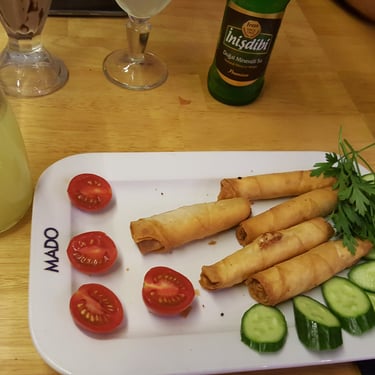
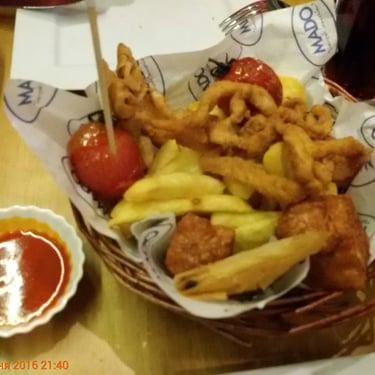
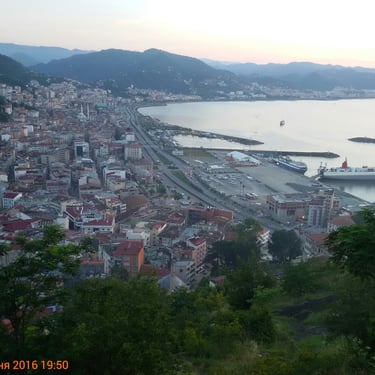
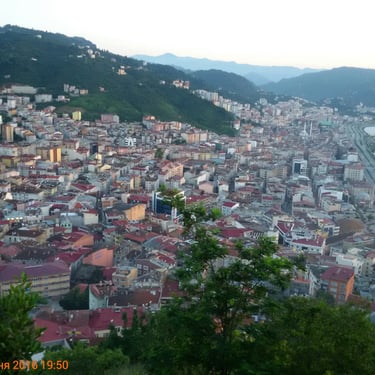
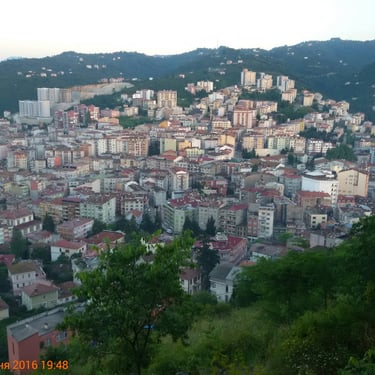
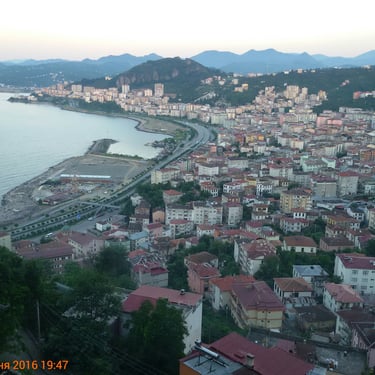
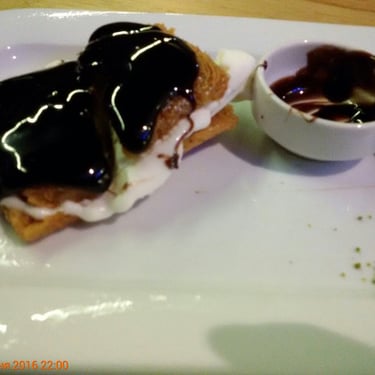
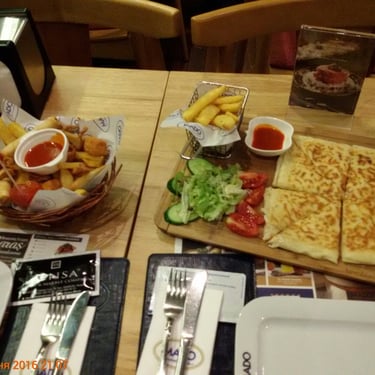
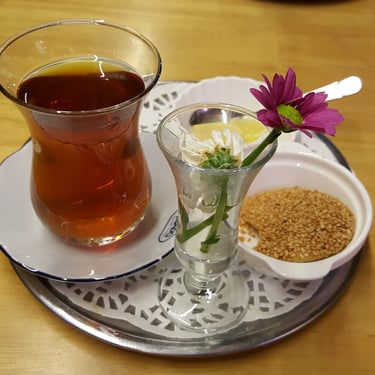
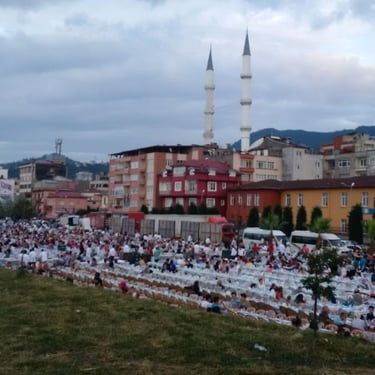
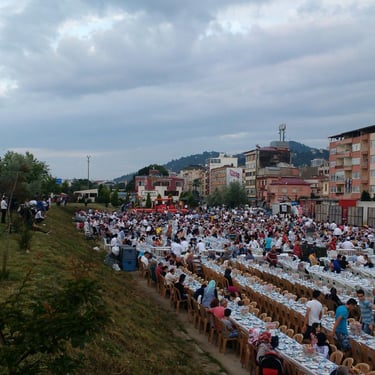
Video Gallery Bulancak
The Ramadan cannon is booming with joy in Trabzon! What a happy way to celebrate!


The sunny road sparkled as we joyfully drive through Bulancak, Türkiye!
SOCIAL NETWORKS
Be free to reach me over the LinkedIn or E-mail
© 2024. All rights reserved.
It should be clarified that photographs and video footage have been taken from my private album.
These will be included in the prints, on this site and on social media or in any other publications.
Should there be any issues with this or if you would like to opt out of this activity, get in touch please.
